Uber is shuttering its autonomous truck research division.
At least for now.
In a statement, the technology company said it will focus its autonomous vehicle efforts on passenger cars for the foreseeable future.
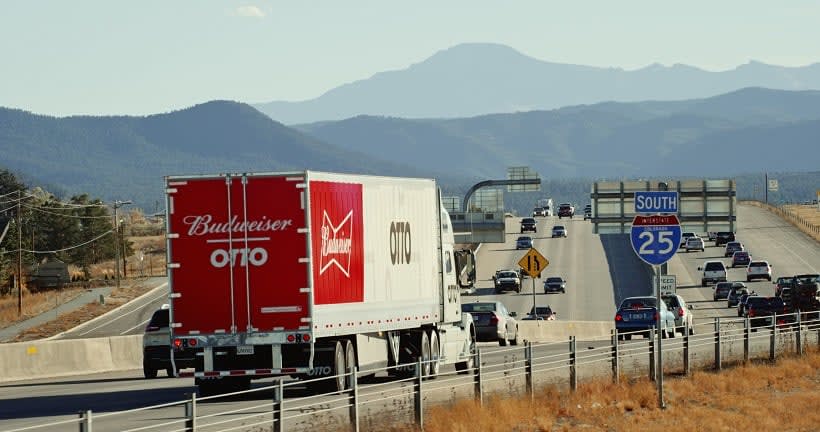
Uber is ending research on autonomous trucks in order to focus on self-driving cars. The company began its foray into autonomous trucks when it purchased the startup Otto (pictured).
Photo courtesy Uber
Uber is shuttering its autonomous truck research division.
At least for now.
That’s the word that came late on July 30 about the San Francisco-based tech company, which is ending research on autonomous trucks in order to focus on self-driving cars.
Uber acquired its autonomous truck business from startup Otto almost two years ago in a move that was widely considered controversial and, at times, proved to be contentious.
The story broke when online technology journal TechCrunch reported on an email from Eric Meyhofer, head of Uber Advanced Technologies group, which stated that, “We recently took the important step of returning to public roads in Pittsburgh, and as we look to continue that momentum, we believe having our entire team’s energy and expertise focused on this effort is the best path forward.
“Rather than having two groups working side by side, focused on different vehicle platforms, I want us instead collaborating as one team,” Meyhofer said in an email to employees reviewed by TechCrunch editors. “I know we’re all super proud of what the Trucks team has accomplished, and we continue to see the incredible promise of self-driving technology applied to moving freight across the country. But we believe delivering on self-driving for passenger applications first, and then bringing it to freight applications down the line, is the best path forward. For now, we need the focus of one team, with one clear objective.”
The move will not affect the Uber Freight business unit, which uses the company’s location-based, ride-location app technology to connect truckers with available freight.
According to TechCrunch, Uber will shut down its San Francisco operations and move employees to Pittsburgh, where its autonomous car research is located. The company said in a statement that it intends to continue to explore autonomous vehicle technology using passenger cars as foundational research units, but will maintain relationships with trucking OEMs as this technology matures.
Uber’s autonomous truck efforts have been hampered by controversy and legal battles since the company acquired the business unit from Otto in 2016. The acquisition later became the subject of an intellectual property lawsuit by Google, citing the role of Anthony Levandowski, the co-founder of Otto, who was a head engineer at Waymo, Google’s self-driving car spinoff, before leaving to concentrate on the new company. Waymo accused Levandowski of taking trade secrets, in the form of photos, schematics, and emails, with him and providing them to Uber. The lawsuit eventually contributed to the resignation of Travis Kalanick, co-founder of Uber, as CEO in 2017.
Uber denies that it ever possessed any of the intellectual property, however, it agreed to settle the suit in February by paying Waymo approximately $245 million, and by promising to never use any of Waymo’s confidential information in any of its products.
Lawsuits weren’t the only forces working against Uber’s autonomous truck research. In March, an Uber autonomous research vehicle was involved in a fatal accident in Tempe, Arizona., resulting in negative press coverage of autonomous vehicle research and a temporary suspension of tests on public roads pending a review of safety procedures.
The company’s decision to suspend research into autonomous vehicles comes a week after the company restarted testing its passenger cars on public roads in Pittsburgh. Currently, the company is running and evaluating self-driving Volvo XC90 vehicles. According to Uber, the vehicles are only being driven manually by humans and under a new set of safety standards that include real-time monitoring of its test drivers and efforts to beef up simulation.
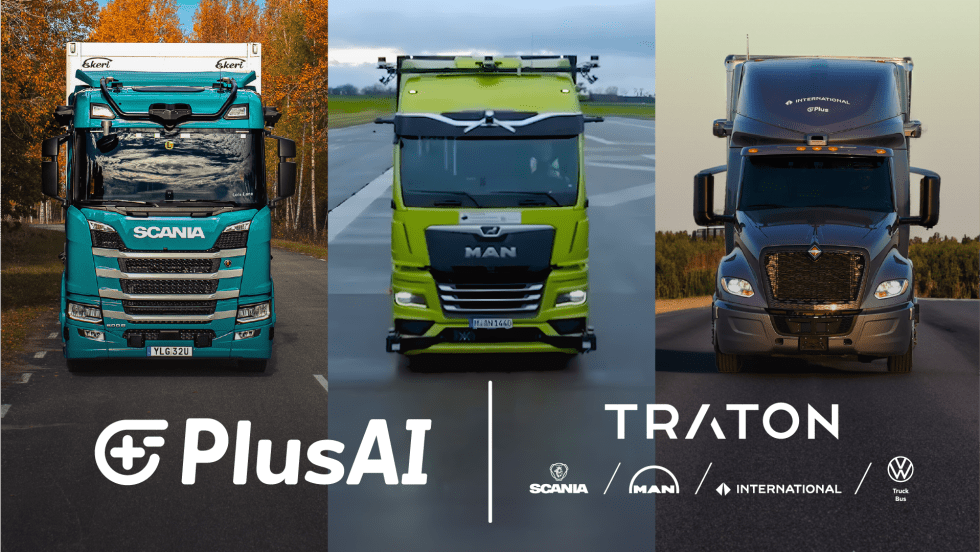
The companies also said they plan to coordinate deployment planning across priority freight corridors and define routes and operational design domains for U.S. commercial service while laying the groundwork for expansion into key European markets.
Read More →
6 intelligent dashcam tactics to improve safety and boost ROI
Read More →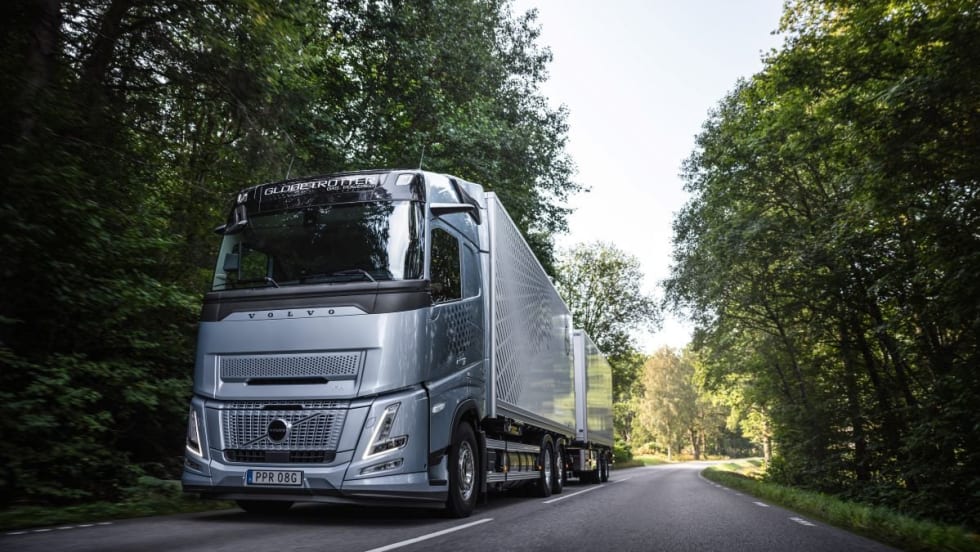
Volvo Trucks held onto the top spot in Europe’s heavy-duty truck market for the second straight year.
Read More →
Previous Star Nation events have included driver challenges, exclusive access to Daimler Truck North America facilities and hands-on experiences with the latest Western Star X-Series lineup.
Read More →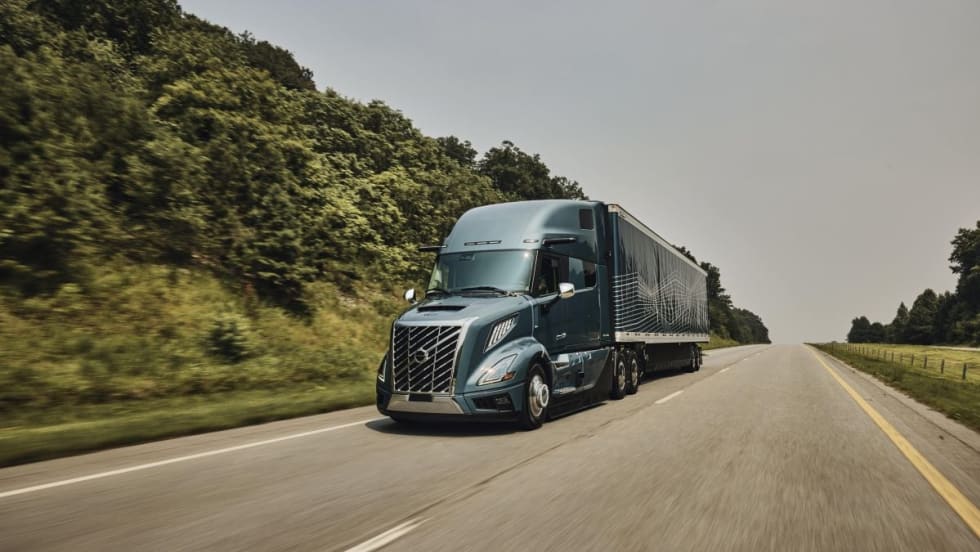
HayWay Group comprises 19 companies operating across Europe and the U.S. and is now bringing its international logistics experience to North America.
Read More →
Safety, uptime, and insurance costs directly impact profitability. This eBook looks at how fleet software is evolving to deliver real ROI through proactive maintenance, AI-powered video telematics, and real-time driver coaching. Learn how fleets are reducing crashes, defending claims, and using integrated data to make smarter operational decisions.
Read More →
Fleet software is getting more sophisticated and effective than ever, tying big data models together to transform maintenance, safety, and the value of your existing tech stack. Fleet technology upgrades are undoubtedly an investment, but updated technology can offer a much higher return. Read how upgrading your fleet technology can increase the return on your investment.
Read More →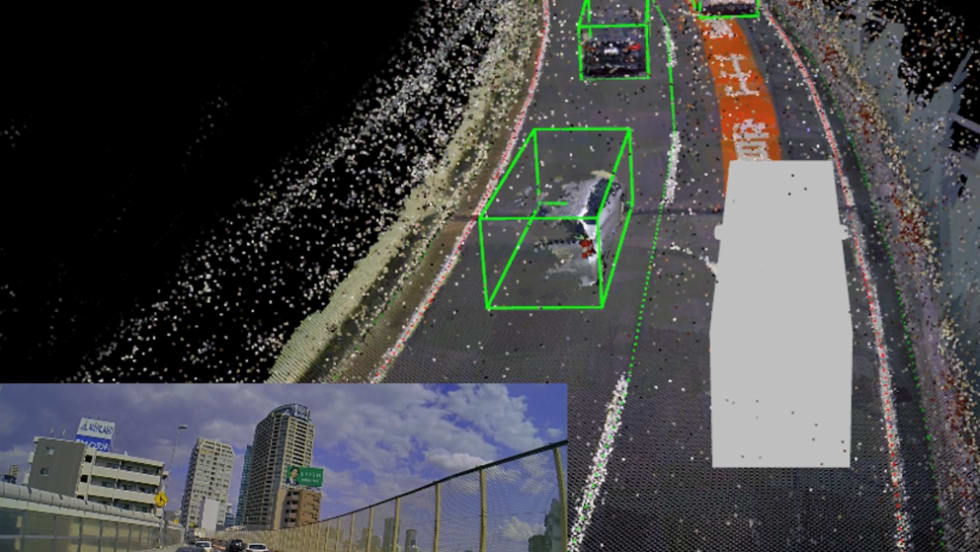
PlusAI is seeking to relieve Japan’s acute truck driver shortage by accelerating the adoption of autonomous trucks in the country.
Read More →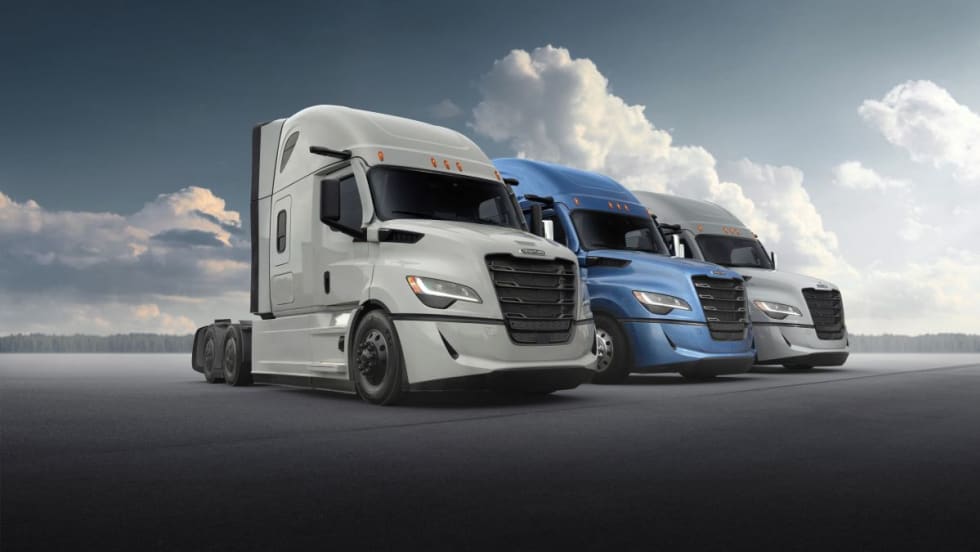
Freightliner’s fifth-generation Cascadia earned a 2025 Red Dot Design Award for its aerodynamic design and functional updates developed through close collaboration between designers and engineers.
Read More →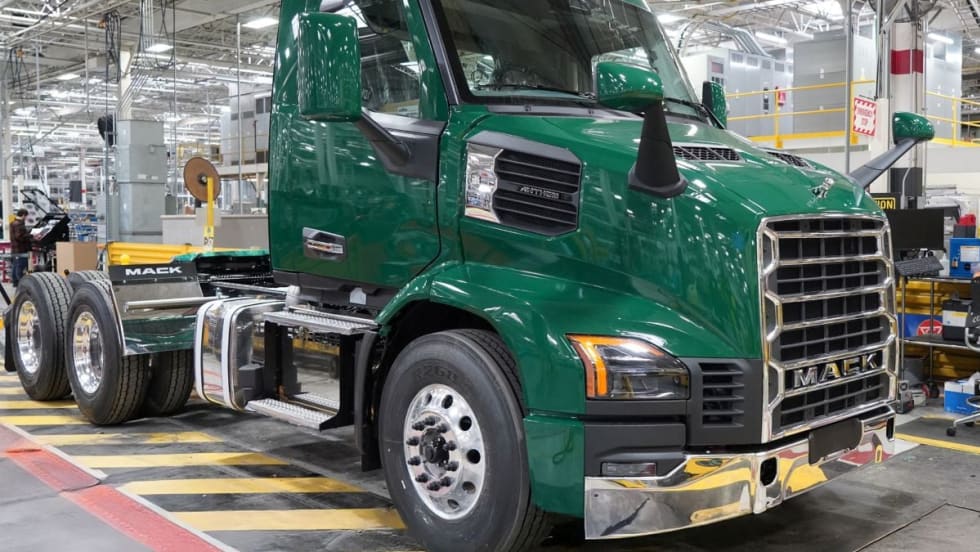
Mack’s new Anthem Class 8 tractor targets regional-haul fleets with enhanced maneuverability and fuel economy gains.
Read More →